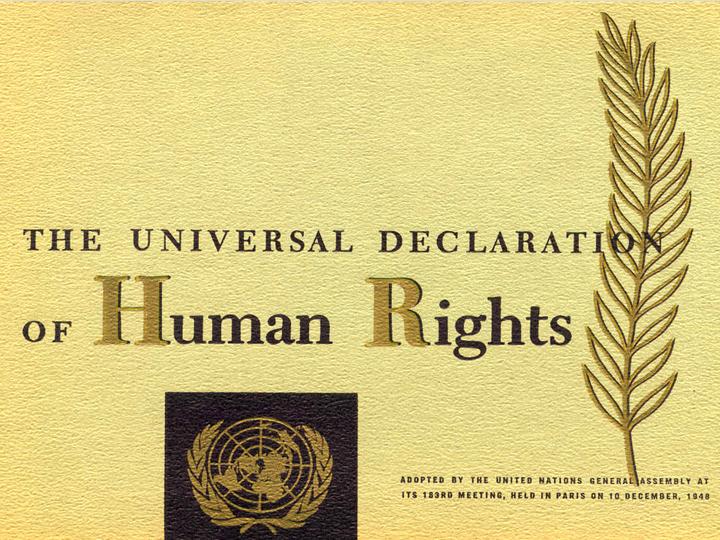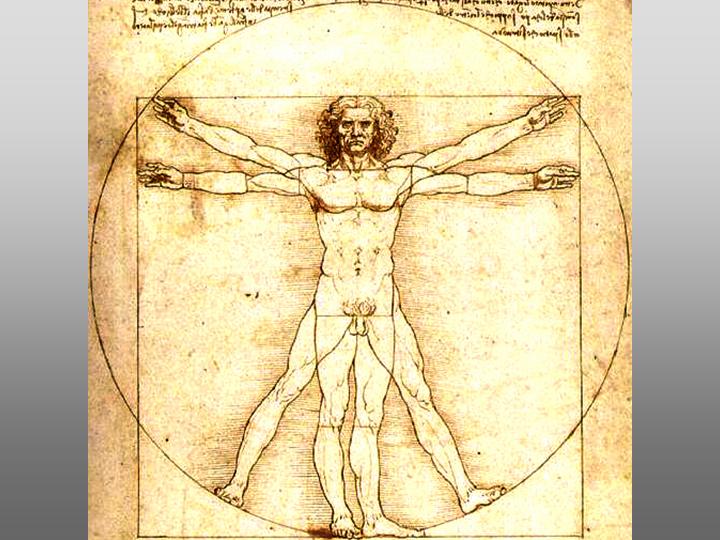Home
 10 Pillars 10 Pillars  Map Map  Tree Tree
 Rationale Rationale
 Forum Forum
 About About
 Terms Terms
 Contact Contact
|
Search
top academic & professional resources |
||||||||||||||||||||||||||||||||||||||||
 Ethics |
Loading
|
||||||||||||||||||||||||||||||||||||||||
|
|||||||||||||||||||||||||||||||||||||||||
Ethics,
or moral philosophy, is the study of right and wrong behavior. It seeks
to explore and formulate the supreme ends and guiding principles (moral
values) that shape human action, as well as the implications for
life-and-death situations and daily life decisions (C. Zins,
2011).
 ©
©

2. Normative fields*
 ...
...3. Applied fields*
 ...
...Post your proposed structure!
Ethics
is a branch of philosophy. It affects the personal life of the
autonomous individual and at the same time it depends on social
conditions and aims to affect social life. Therefore, ethics is placed
here and in pillar 8 (sub-cat. 8.1.1). Ethics has three main
sub-fields: meta-ethics, normative ethics, and applied ethics.
Meta-ethics focuses on the basics of ethics. These are the definition of ethics, the meanings of basic concepts (e.g. good, bad, right and wrong, moral values, free will, justice, rights and duties, and morality), the nature and origin of ethical principles (humanistic vs. religious approaches), and the truth-values of ethical statements (moral relativism vs. moral absolutism).
Normative ethics focuses on the moral course of action by formulating moral norms and standards that regulate right and wrong conduct. This may involve articulating the good habits that we should acquire, the duties that we should fulfill, and the consequences of our behavior for others.
Applied ethics focuses on specific issues such as abortion, infanticide, animal rights, environmental concerns, homosexuality, capital punishment, and nuclear war. (C. Zins, 2011).
Meta-ethics focuses on the basics of ethics. These are the definition of ethics, the meanings of basic concepts (e.g. good, bad, right and wrong, moral values, free will, justice, rights and duties, and morality), the nature and origin of ethical principles (humanistic vs. religious approaches), and the truth-values of ethical statements (moral relativism vs. moral absolutism).
Normative ethics focuses on the moral course of action by formulating moral norms and standards that regulate right and wrong conduct. This may involve articulating the good habits that we should acquire, the duties that we should fulfill, and the consequences of our behavior for others.
Applied ethics focuses on specific issues such as abortion, infanticide, animal rights, environmental concerns, homosexuality, capital punishment, and nuclear war. (C. Zins, 2011).
Reflections
| 中 文 English Français Deutsch עברית 日 本語 नेपाली Polski Português Română русский Српски Español More.... |
a must for your library
Chaim Zins, Knowledge Mapping Research, 26 Hahaganah St. Jerusalem, 97852 tel: 972-2-5816705 chaim.zins@gmail.com









